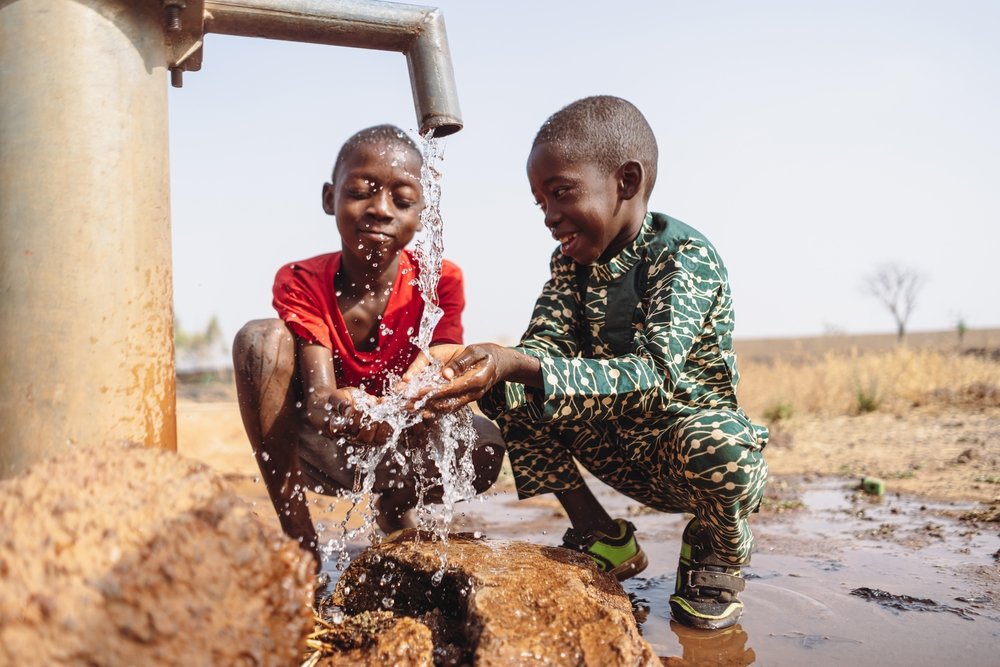Access to clean water is fundamental to human health, well-being, and sustainable development. Yet, millions of people worldwide lack reliable access to safe drinking water, facing significant health risks and economic burdens as a result. In this blog post, we explore the significance of access to clean water, highlight global challenges related to water accessibility, discuss initiatives for improving water quality and availability, and examine the profound impact on communities’ health and well-being.
Importance of Access to Clean Water
Essential for Health and Hygiene Access to clean water is essential for drinking, cooking, sanitation, and hygiene practices. Safe drinking water prevents waterborne diseases, reduces infant mortality rates, and improves overall health outcomes for communities.
Promoting Economic Development Communities with reliable access to clean water experience economic benefits, including increased productivity, agricultural growth, and opportunities for education and livelihood improvement. Access to water facilitates poverty reduction and promotes sustainable development goals.
Global Challenges in Water Accessibility
Water Scarcity Water scarcity affects regions worldwide, exacerbated by climate change, population growth, and inadequate water management practices. Drought-prone areas face challenges in meeting water demand, leading to competition for limited water resources and environmental degradation.
Water Contamination Contaminated water sources pose health risks due to pollutants, pathogens, and industrial waste. Poor water quality contributes to waterborne illnesses, including cholera, dysentery, and diarrhea, impacting vulnerable populations, especially children and the elderly.

Initiatives for Improving Water Accessibility
Infrastructure Development Investing in water infrastructure, such as pipelines, water treatment plants, and distribution networks, improves water supply reliability and quality. Infrastructure upgrades enhance access to clean water in underserved communities and rural areas.
Water Purification Technologies Deploying water purification technologies, including filtration systems, UV disinfection, and desalination processes, removes contaminants and improves water quality. Innovative solutions promote sustainable water management practices and expand access to safe drinking water.
Impact on Community Health and Well-being
Reducing Waterborne Diseases Access to clean water reduces the incidence of waterborne diseases and improves public health outcomes. Communities benefit from improved sanitation facilities, hygiene education, and disease prevention initiatives supported by clean water access.
Empowering Vulnerable Populations Ensuring equitable access to clean water empowers marginalized and vulnerable populations, including women, children, and rural communities. Accessible water sources enhance quality of life, support educational opportunities, and promote social equity.
Conclusion
In conclusion, addressing the global challenge of access to clean water requires collaborative efforts, innovative solutions, and sustainable practices to ensure water security for present and future generations. By prioritizing investments in water infrastructure, implementing purification technologies, and promoting water stewardship, we can create resilient communities where access to clean water is a fundamental human right and a cornerstone of sustainable development.



